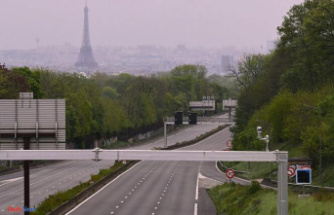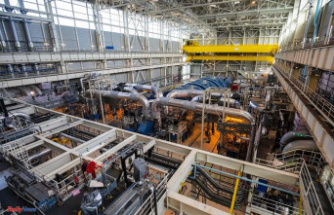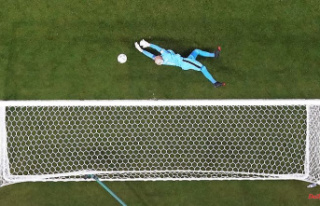The electric boom on the German car market could be hit hard. High electricity prices and falling subsidies are not the only causes.
After years of growth, the sale of electric vehicles threatens to collapse on the German car market in the coming year. The car expert Ferdinand Dudenhöffer expects only 362,000 electric cars to be sold in 2024 after around 720,000 sales in the current year. The market share of the Stromer would almost halve from the current 27.8 percent to 14 percent. Important reasons for the decline are the capping of state subsidies and the currently high electricity prices, which are making entry into zero-emission technology increasingly unattractive, explained Dudenhöffer.
The Center Automotive Research (CAR) expects 484,000 electric cars to be sold in 2023, which would correspond to a market share of 21.3 percent. According to the guidelines of the federal government, plug-in hybrids will no longer be funded at all from next year. For fully electric battery vehicles, the innovation premiums per vehicle will fall to between EUR 4,500 and EUR 6,750 (previously EUR 7,500 to EUR 9,000) depending on the net list price. In addition, the funding pot is capped and, according to CAR estimates, will be exhausted by the end of 2023. The premium for commercial registrations will no longer apply from September 2023.
In addition, compared to the beginning of 2022, electricity prices would almost triple and production costs for batteries would increase, Dudenhöffer warned. In contrast to the lead markets of China and the USA, Germany is losing important time in the transformation of the mobility sector, warned Dudenhöffer. He proposes paying the state innovation premium longer than previously planned. An easing is not to be expected until 2025 at the earliest, when the capacities for lithium-ion cell production in Europe have been increased, economies of scale in the production of electric cars have an effect and electricity prices have fallen.












